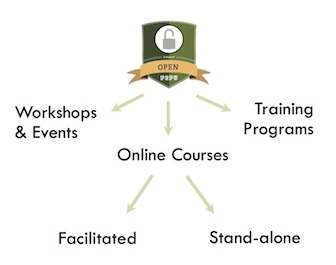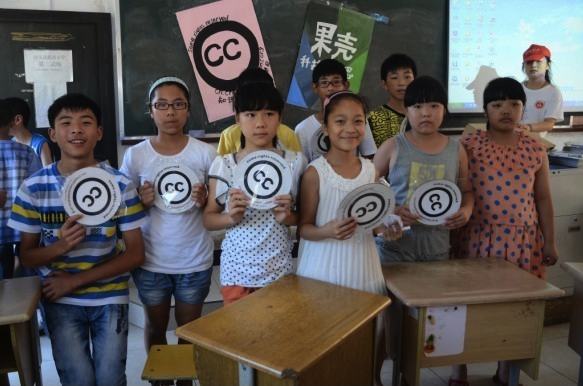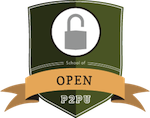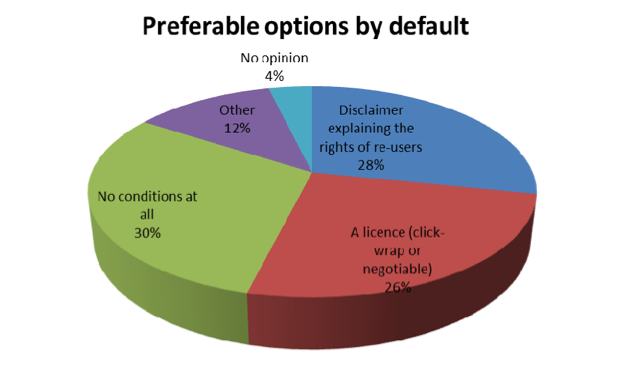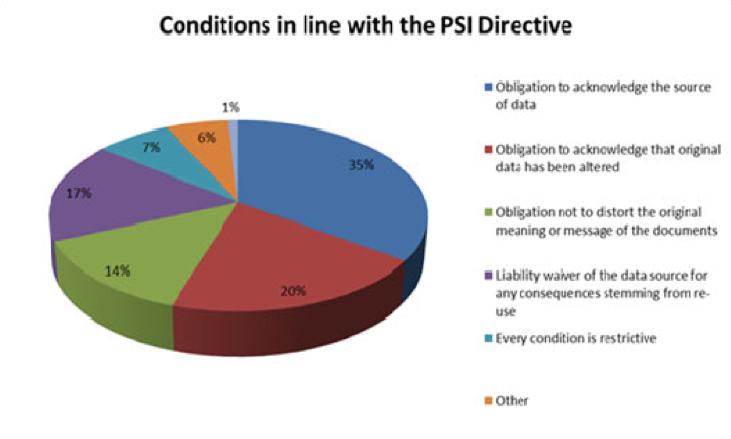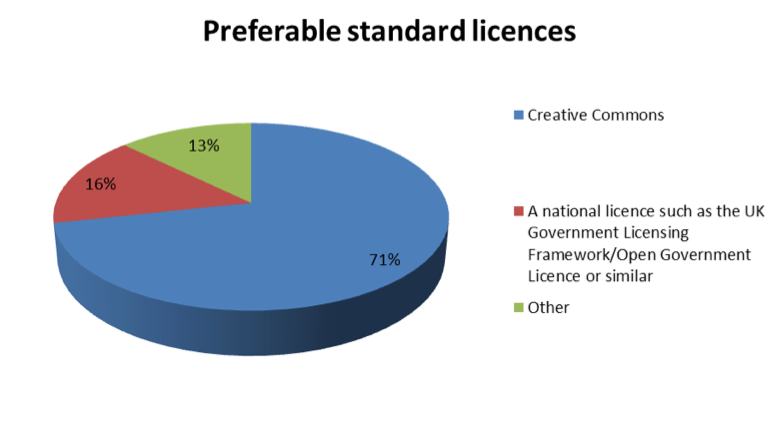Thanks for collaborating on 4.0 — looking ahead to 2014!
vendredi 3 janvier 2014 à 19:46
thank you note for every language / woodleywonderworks / CC BY
As we take stock of our achievements in 2013 and plan our legal work for the year ahead, we would be remiss not to pause and express our deepest gratitude to the many individuals and organizations whose contributions made one of CC’s most significant projects in 2013 – the development of license version 4.0 – an overwhelming success. This milestone was made possible because of the dedication of our diverse, talented, and extensive CC community. Our community brought legal expertise and practical experience to bear in our policy deliberations, and continued to hold us accountable for running an inclusive, transparent process. CC is thankful for your ongoing efforts and your trust in our stewardship. The version 4.0 licenses are all the better for your participation.
Although many more could be thanked, we in particular wish to recognize the contributions of a few:
- the CC global affiliate network for their legal analysis and drafting assistance, which included participation by representatives from more than 55 jurisdictions over the course of four license drafts;
- the larger CC community of creators and license users who contributed constructively, thoughtfully, and often passionately to our policy debates through 1000+ posts to our license development email list;
- other public license stewards, including the Free Software Foundation and Artlibre.org, for carefully navigating the intricacies of license compatibility and sharing ideas for (hopefully) achieving that goal in the new year;
- our friends and colleagues at the Electronic Frontier Foundation, Public Library of Science, Software Freedom Law Center, Wikimedia Foundation, and other sister organizations, who contributed expertise and insights on difficult policy decisions and considered with us the potential implications of our policy choices;
- CC fellow Mike Linksvayer and consultant Eric Steuer, for their perspectives on past policy decisions and insight into opportunities and challenges for future license adoptions;
- former staff members including Chris Webber, Greg Grossmeier, and Aurelia Schultz, as well as the CC board of directors, particularly Michael Carroll and Molly Van Houweling who provided instrumental guidance and legal expertise throughout the process; and
- as always, our trusted pro bono counsel at Latham & Watkins and Wilson Sonsini.
Looking ahead to 2014, our community will have many additional opportunities to participate in our legal work. In close collaboration with our worldwide affiliate network, we will shortly begin the process of creating and publishing official translations of the 4.0 licenses and related educational materials, including FAQs and implementation tool kits. We will also be returning our attention to ShareAlike compatibility. We will be finalizing the (currently Draft) ShareAlike Statement of Intent, which will be followed by development of ShareAlike compatibility criteria and processes and evaluation of leading candidates for compatibility with BY-SA 4.0. Starting this month, we will also begin publishing a series of blog posts that focus on new features of the 4.0 license suite. The series will explore in more depth implications of the underlying policy decisions reflected in our new licenses, such as the operation of our licenses in the context of text and data mining.
We will also be turning our attention to legal projects set aside while finishing 4.0, such as our work on CC0 translations and other public domain-focused efforts. You can also expect us to solicit your input on important new projects under evaluation and in development. There will be no shortage of opportunities for our community to lend their expertise (and opinions!) as we move forward in 2014.
Thanks once again for contributing to a successful version 4.0 launch. We look forward to continuing our collaborations with all of you in the new year!
